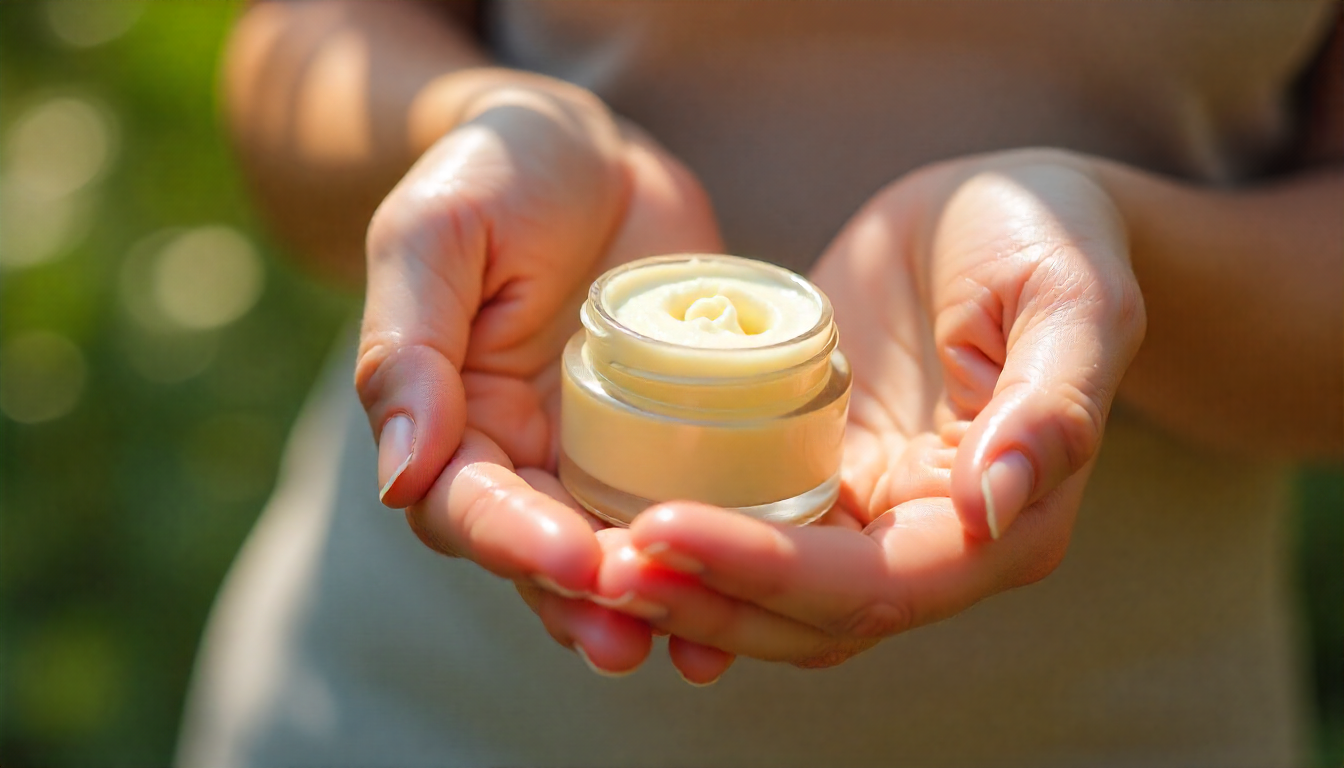What is Eczema?
Eczema, also known as atopic dermatitis, is a chronic inflammatory skin condition characterized by red, itchy, and dry skin. This ailment affects individuals of various ages, although it is most prevalent in children. Approximately 10-20% of infants and about 3% of adults are diagnosed with this condition, and its impact can lead to significant discomfort and a decrease in quality of life.
There are several types of eczema, each distinguished by unique triggers and symptoms. Atopic dermatitis is the most common form, often beginning in infancy and continuing into adulthood. It manifests as patches of dry, inflamed skin, which can become increasingly itchy, leading to scratching and further irritation. Contact dermatitis occurs when the skin comes into direct contact with an allergen or irritant, resulting in redness and blisters. Dyshidrotic eczema primarily affects the hands and feet, leading to small, itchy blisters. Other less common types, such as seborrheic dermatitis and nummular eczema, may present differently but share the common trait of inflammation and discomfort.
The symptoms of eczema vary greatly among individuals and can include dryness, redness, and swelling, often exacerbated by environmental factors such as temperature changes, humidity levels, and exposure to textiles. Additionally, individuals with a family history of eczema, hay fever, or asthma may be more vulnerable to developing this skin condition. Genetic predisposition and environmental triggers play integral roles in the condition’s manifestation, as research indicates a complex interplay between hereditary factors and external influences. Understanding the nature and variability of eczema is crucial for effective management and treatment strategies, ultimately empowering those affected to take control of their skin health.
What is Acne?
Acne is a prevalent skin condition primarily characterized by the clogging of hair follicles with excess oil and dead skin cells. This blockage can lead to various manifestations on the skin, including blackheads, whiteheads, pimples, and cystic acne. Understanding these different types is crucial for effective treatment and management.
Blackheads are small, dark lesions that result from the oxidation of oil and dead skin at the surface of the follicle. Whiteheads, on the other hand, are similar but remain covered by a thin layer of skin, giving them a white appearance. Pimples are inflamed blemishes that may develop as the follicle becomes infected, leading to redness and swelling. Cystic acne is a more severe form that presents as painful, deep-seated cysts beneath the skin, often resulting in scarring.
Acne is not confined to any specific age group; it commonly affects teenagers due to hormonal changes during puberty that increase oil production. However, it is essential to recognize that adults can also experience acne, often referred to as adult-acne. This condition can be exacerbated by factors such as hormonal fluctuations related to menstruation, pregnancy, and menopause. Furthermore, lifestyle and diet choices play a role in the development of acne, with certain foods known to trigger breakouts.
Hormones, particularly androgens, have a significant impact on oil gland activity. An increase in androgen levels can lead to sebaceous glands producing more oil, thereby heightening the risk of clogged pores. Therefore, stress management and a balanced diet can be beneficial in minimizing acne flare-ups. Overall, understanding the multifaceted nature of acne is important for individuals seeking effective treatments and preventative measures.
Common Triggers and Symptoms
Eczema and acne are common skin conditions that can significantly impact an individual’s quality of life. Understanding the common triggers and symptoms associated with these disorders is essential in managing and minimizing their effects. For eczema, several triggers can lead to flare-ups. Allergens such as pet dander, dust mites, and pollen are well-known culprits that can exacerbate symptoms. Irritants, including soaps, fragrances, and certain fabrics, also play a pivotal role in aggravating eczema. Additionally, lifestyle factors such as stress, temperature changes, and perspiration can contribute to the severity of eczema symptoms, making effective management crucial.
The symptoms of eczema often manifest as severe itching, which can lead to incessant scratching. This scratching, in turn, results in skin redness, inflammation, and cracks, which may increase the risk of secondary infections. Individuals with eczema may also experience dryness and thickened skin in chronic cases. Recognizing these symptoms can be vital for early intervention and treatment.
On the other hand, acne is commonly triggered by hormonal changes, particularly during puberty, menstruation, or pregnancy, which can lead to increased oil production. The presence of bacteria, specifically Propionibacterium acnes, also contributes to the development of acne lesions. Other factors such as diet, certain medications, and stress can further exacerbate acne symptoms. Typical manifestations of acne include whiteheads, blackheads, and more severe inflammatory lesions, which may present as swollen, painful pustules.
Identifying potential triggers in one’s environment and recognizing the symptoms of eczema and acne are crucial steps toward effective management. This understanding fosters a proactive approach to treatment and may significantly improve the overall skin health of affected individuals.
Treatment and Management Strategies
Treating eczema and acne effectively requires a multifaceted approach, including proper skincare routines, medication, and lifestyle modifications. For eczema, the primary goal is to restore the skin barrier and reduce inflammation. Emollients, or moisturizers, are essential in this regard. They should be applied frequently throughout the day, particularly after bathing, to trap moisture and prevent dryness. Topical corticosteroids are often prescribed for more severe eczema cases; these medications reduce inflammation and alleviate itching. Patients should follow their healthcare provider’s guidance regarding the appropriate potency and duration of use to avoid potential side effects.
In addition to medication, lifestyle adjustments can significantly minimize eczema flare-ups. Identifying and avoiding triggers, such as certain fabrics, harsh soaps, or allergens, is crucial. Patients are encouraged to maintain a cool environment, wear breathable clothing, and utilize gentle, fragrance-free products to safeguard their skin.
On the other hand, acne treatment typically involves a combination of over-the-counter and prescription options. Over-the-counter products containing ingredients like benzoyl peroxide or salicylic acid can effectively manage mild acne. However, for persistent or severe cases, healthcare providers may prescribe topical retinoids or oral medications. These treatments work by promoting skin cell turnover and reducing oil production, thus preventing clogged pores.
In addition to pharmacological interventions, lifestyle changes play a crucial role in managing acne. A consistent skincare routine, emphasizing gentle cleansing and oil control, is advisable. Moreover, dietary considerations, such as reducing sugar intake and incorporating antioxidant-rich foods, may help as well. Ultimately, consulting with healthcare professionals will provide individuals with personalized treatment plans tailored to their unique skin conditions, enhancing their overall efficacy in managing both eczema and acne.



